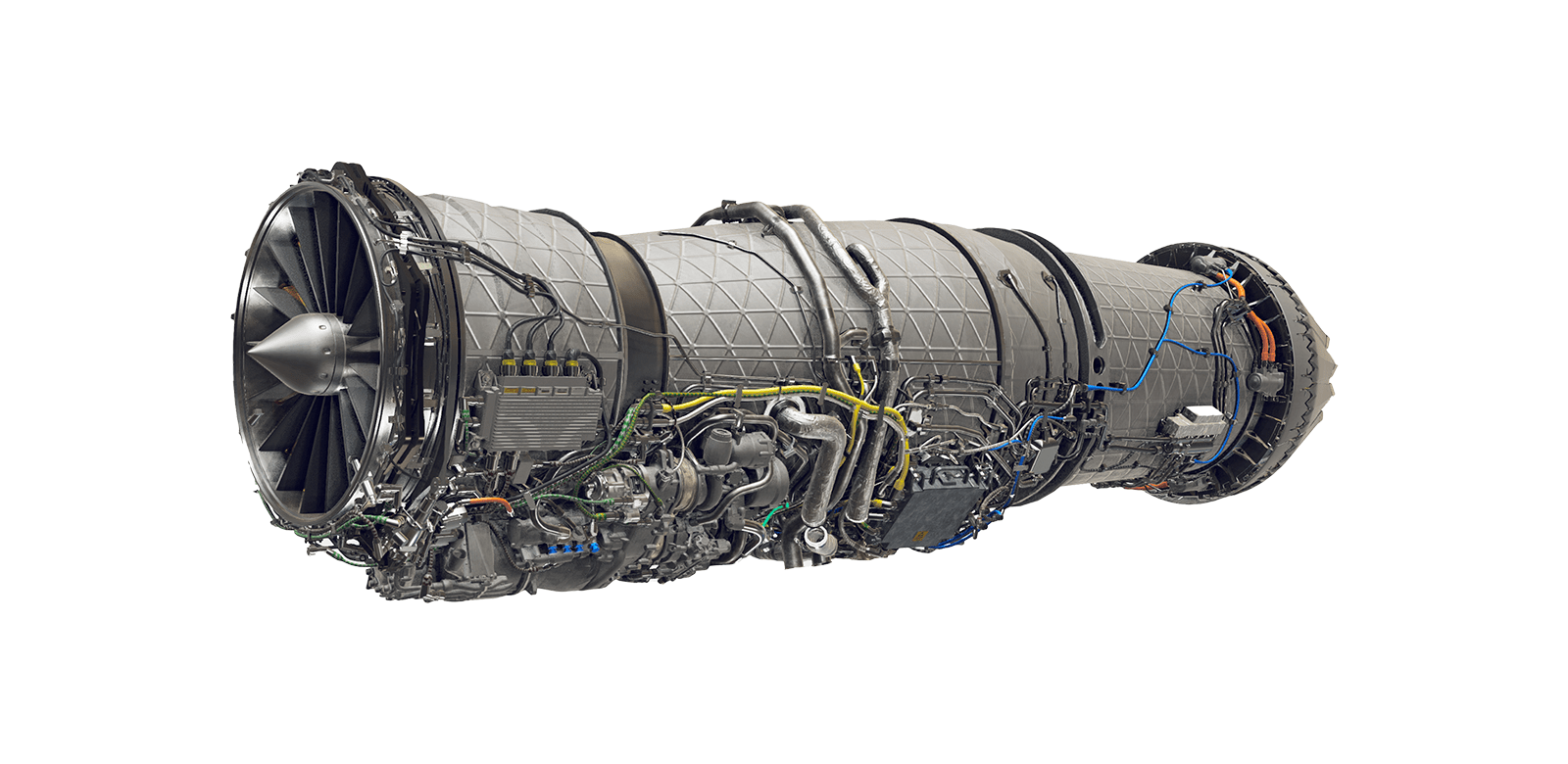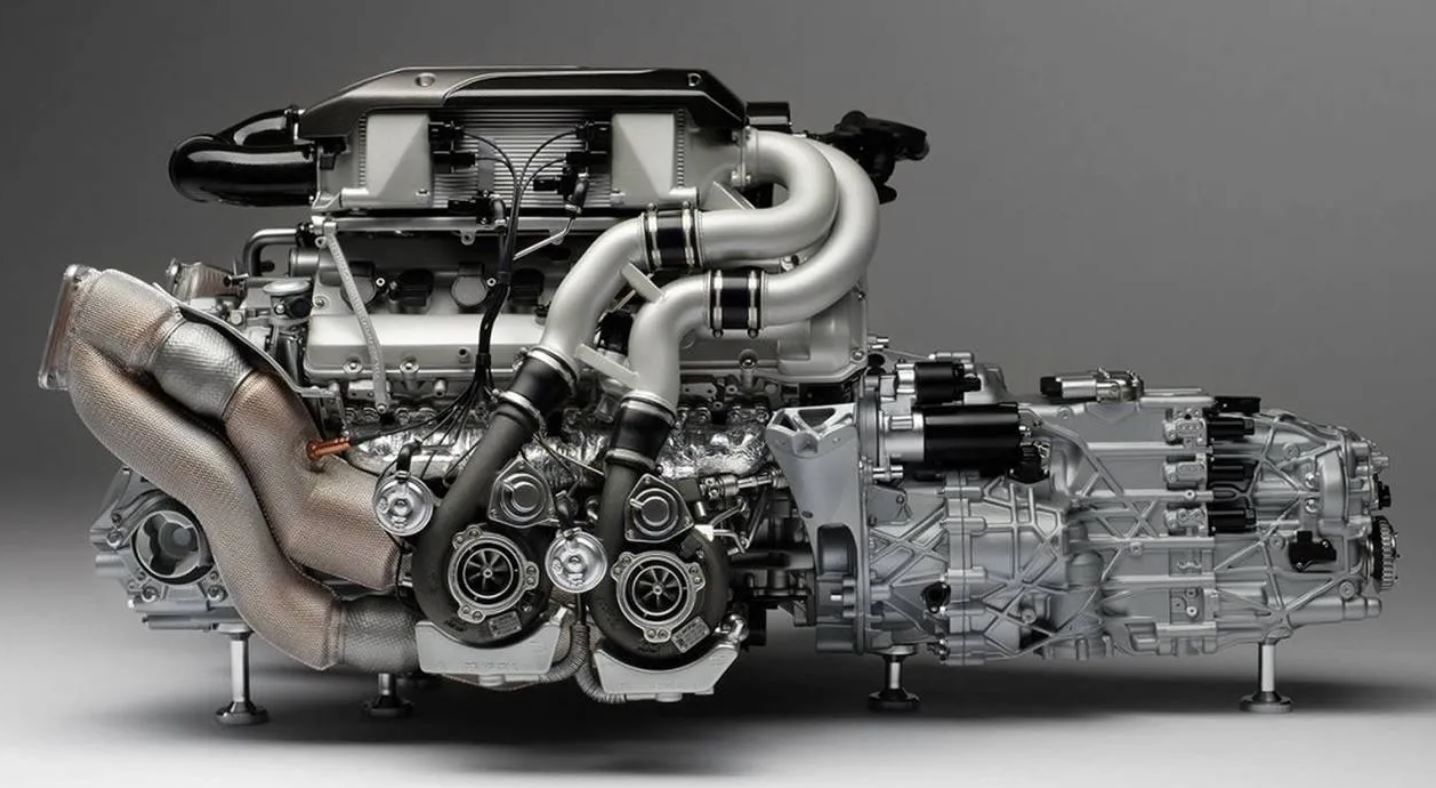Discover Top-Quality Engines for Africa at Our Dependable Vehicle Parts Shop
Discover Top-Quality Engines for Africa at Our Dependable Vehicle Parts Shop
Blog Article
The Impact of Ingenious Engine Technologies on Energy Effectiveness and Environmental Sustainability
In the realm of transportation and industrial equipment, the continual mission for improved energy efficiency and lowered ecological effect has led to considerable advancements in engine technologies. From the steady shift towards electrical and hybrid systems to the integration of turbocharging for improved performance, the landscape of engines is advancing quickly.
Evolution of Engine Technologies
The development of engine technologies over the decades has actually been marked by continual advancement and refinement in quest of enhanced performance and effectiveness. From the early days of interior combustion engines to the innovative hybrid and electrical powertrains of today, the development of engine innovations has been driven by an unrelenting mission for boosted gas effectiveness and decreased discharges.
One considerable landmark in this evolution was the growth of turbocharging and straight injection systems, which substantially boosted engine power result while enhancing fuel effectiveness. These innovations allowed for smaller, extra lightweight engines that can provide the efficiency of bigger ones without compromising on efficiency.
In addition, advancements in materials scientific research have actually led to the extensive fostering of light-weight products such as aluminum and carbon fiber in engine building. This has not just lowered overall car weight but has actually additionally boosted engine efficiency by reducing power losses associated with inertia and friction.
Advantages of Electric and Hybrid Solutions
With the growing concentrate on sustainability and power performance, what benefits do hybrid and electrical systems offer in the realm of engine technologies? Electric and hybrid systems present many benefits that contribute to a more energy-efficient and sustainable future. One of the main advantages is the substantial reduction in greenhouse gas emissions compared to traditional internal burning engines. Electric vehicles generate absolutely no tailpipe exhausts, resulting in enhanced air high quality and decreased environmental impact. Furthermore, electrical and hybrid systems are much more energy-efficient, converting a higher percentage of stored power right into propulsion compared to conventional engines. This efficiency causes reduced energy consumption and operating expense over the car's life time. Electric automobiles provide regenerative braking systems that capture and save power generally shed throughout stopping, even more improving energy efficiency (engines for africa). Crossbreed systems integrate the advantages of electrical propulsion with the flexibility of a burning engine, offering expanded driving arrays and reducing variety anxiety for customers transitioning to electric vehicles. Generally, hybrid and electrical systems play a crucial function beforehand power efficiency and ecological sustainability in the transportation market.
Turbocharging for Improved Efficiency
Ingenious engine technologies like electric and hybrid systems have led the way for developments in lorry efficiency, with turbocharging becoming a key technique for enhancing overall efficiency and sustainability. Turbocharging works by utilizing a generator to compel more air into the burning chamber, permitting for much better gas burning and boosted power outcome without a considerable rise in engine size. This process, known as forced induction, makes it possible for smaller sized, extra fuel-efficient engines to produce power degrees similar to bigger ones. By optimizing the performance of the combustion process, turbocharged engines can accomplish enhanced fuel economy and reduced emissions, contributing to environmental sustainability. In addition, turbocharging boosts engine responsiveness, providing chauffeurs with a more dynamic driving experience. The widespread fostering of turbocharged engines in both gas and diesel automobiles demonstrates their performance in stabilizing performance, efficiency, and ecological influence. As vehicle makers continue to fine-tune turbocharging technology, its duty in promoting energy efficiency and imp source sustainability in the transport industry is expected to expand even more.
Utilizing Alternate Gas
Utilizing alternate fuels provides an encouraging opportunity for lowering carbon discharges and diversifying the energy resources made use of in transportation. As the world makes every effort to fight environment change and decrease dependence on nonrenewable fuel sources, alternative fuels have actually obtained significant interest for their possible ecological and financial advantages.
Biofuels, such as ethanol and biodiesel, are obtained from renewable resources like algae, corn, and sugarcane, providing a cleaner burning option to typical gas and diesel. These fuels can be combined with existing oil fuels or used in dedicated engines, offering a path to reduced greenhouse gas emissions and improve air high quality.
Additionally, hydrogen gas cells have actually arised as a promising technology for zero-emission transport. engines for africa. By transforming hydrogen gas into electrical energy to power electrical motors, gas cell automobiles generate just water vapor as a byproduct, getting rid of dangerous tailpipe exhausts totally
Along with reducing carbon exhausts, alternative gas can additionally improve energy safety by branching out the fuel mix and reducing dependence on imported oil. Welcoming alternate gas in transport is a critical action in the direction of attaining an extra ecologically friendly and sustainable future.

Future potential customers and environmental advantages
The environmental benefits of different fuels and their possibility for long-lasting sustainability are vital considerations in the shift in the direction of cleaner energy sources. Different fuels, such as biofuels, hydrogen, and electrical power, offer substantial environmental benefits contrasted to typical fossil gas. These gas generate lower degrees of greenhouse gas exhausts, decreasing air contamination and mitigating climate adjustment impacts. Furthermore, different gas can help expand energy sources, improving power safety and Continue security and reducing reliance on limited sources.
Innovations in innovation continue to boost the effectiveness and price of alternate fuel automobiles, making them much more available to consumers. By welcoming different fuels and cutting-edge innovations, the course towards a more lasting future ends up being increasingly possible.

Final Thought
In conclusion, ingenious engine innovations have played a vital duty in improving energy effectiveness and advertising ecological sustainability. The development of engine modern technologies, fostering of hybrid and electrical systems, use of turbocharging, and expedition of alternative fuels have all added to enhancing and minimizing discharges effectiveness.
In the realm of transportation and industrial equipment, the continual pursuit for improved energy efficiency and decreased ecological effect has led to significant developments in engine innovations. Turbocharging jobs by making use of a wind turbine to require more air into the burning chamber, allowing for better fuel burning and boosted power output without a considerable increase in engine more information dimension. By optimizing the effectiveness of the combustion process, turbocharged engines can attain enhanced fuel economic situation and lowered discharges, contributing to environmental sustainability. Different fuels, such as biofuels, hydrogen, and electricity, deal considerable environmental advantages compared to traditional fossil gas. The evolution of engine innovations, adoption of electrical and hybrid systems, application of turbocharging, and exploration of alternative gas have all contributed to increasing and lowering discharges efficiency.
Report this page